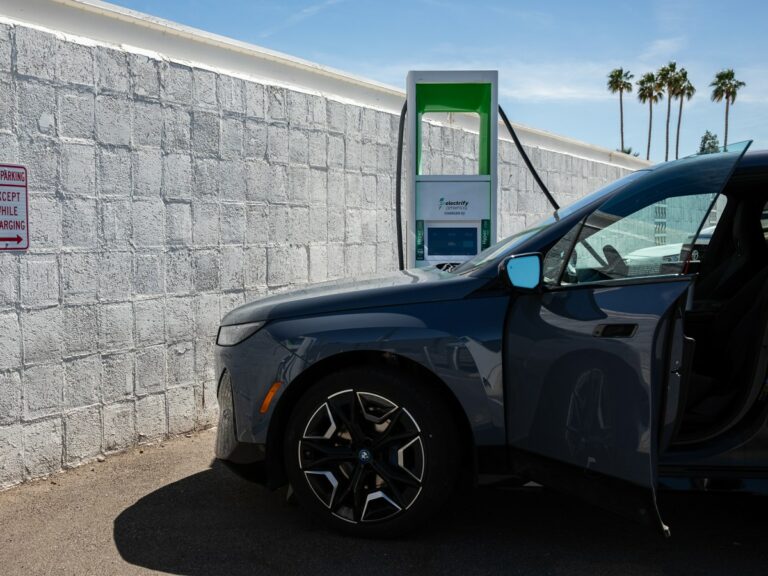California’s efforts to transition to electric vehicles are encountering significant challenges as sales have plateaued after three years of rapid growth. In 2024, 25.3% of new car registrations in the state were electric, only a slight increase from 25% in 2023. This stagnation occurs as the state is still far from meeting its ambitious target of having 35% of new car sales be zero-emission by 2026.
The slowed growth puts California’s climate and air pollution goals at risk. The state’s mandate, approved in 2022, requires 35% of new car models sold by 2026 to be zero-emissions, ramping up to 68% by 2030, and banning all gasoline-powered car sales by 2035. David Simpson, owner of three car dealerships in Orange County, reported declining demand for electric vehicles after initial strong sales of models like the GMC Hummer EV.

The California Air Resources Board spokesperson, Dave Clegern, noted that while sales growth has slowed, it occurred in the context of overall car sales plateauing. The state mandate allows manufacturers flexibility through a multi-year formula and the ability to buy credits from companies exceeding targets. However, this has raised concerns among industry groups who warn that the mandate could depress auto sales in California and other states that adopt similar rules.
Experts point to several factors contributing to the slowdown, including a shift in consumer demographics beyond early adopters to more price-sensitive mainstream buyers. Affordability remains a significant hurdle, although signs of improvement include increased production leading to competitive pricing and aggressive lease deals. Better education about long-term savings is needed to convince consumers to switch to electric vehicles.
Challenges Ahead
The future of California’s electric vehicle mandate is uncertain, particularly with potential changes in federal policies. The Biden administration granted California a waiver to enforce its electric vehicle requirements, but this may be challenged under the incoming Trump administration. Additionally, the potential elimination of the $7,500 federal tax credit for zero-emission vehicle purchases could increase costs for buyers.
Despite these challenges, California remains a leader in electric vehicle adoption, having purchased over 2 million electric cars. The market is expected to benefit from new models priced under $50,000 and technological advancements such as faster charging capabilities.



